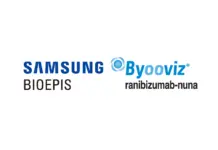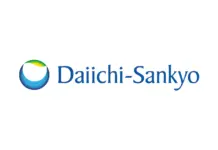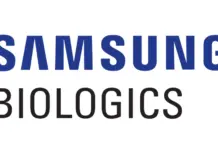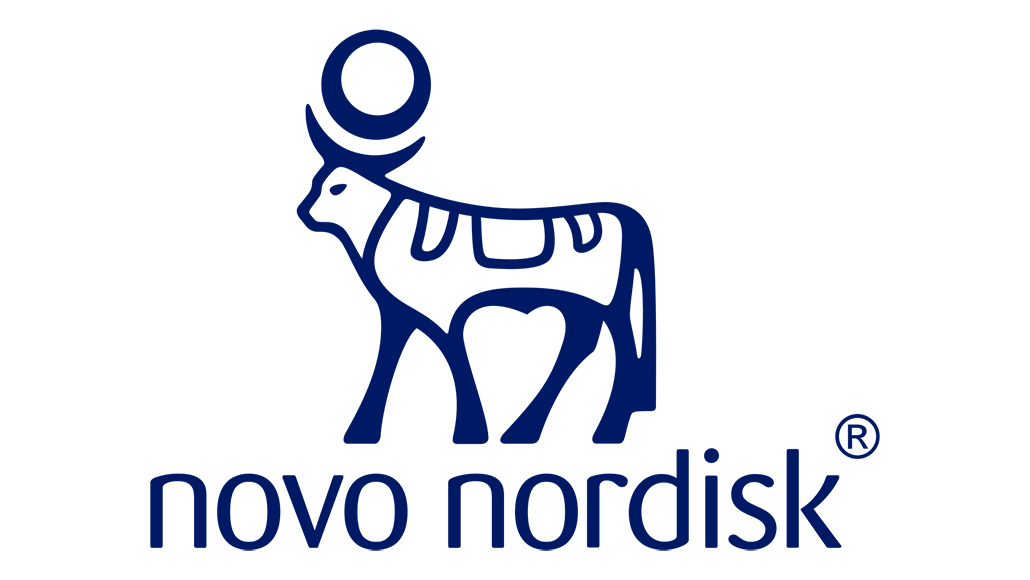Novo Nordisk has announced that the US Food and Drug Administration (FDA) has granted approval for Rybelsus®, the only oral GLP-1 therapy, to reduce the risk of major adverse cardiovascular events (MACE) in adults with type 2 diabetes who are at elevated cardiovascular risk. This includes both patients who have experienced a previous cardiovascular event and those who have not, covering primary and secondary prevention. The decision follows findings from the SOUL trial, which reinforce the clinical benefits of the semaglutide molecule across multiple therapeutic areas.
“Even in the absence of a previous heart attack or stroke, adults with type 2 diabetes face an increased risk of cardiovascular events, underscoring the need for therapies that go beyond managing blood sugar,” said John B. Buse, MD, PhD, Distinguished Professor of Medicine, Director of the UNC Diabetes Care Center, and Steering Committee Co-Chair of the SOUL trial. “Having an oral GLP-1 therapy to help improve glycemic control was an innovation in and of itself. This new indication, based on the SOUL data, marks even further advancement and showcases the versatility of semaglutide while expanding options for millions of people.”
With this latest approval, Rybelsus® becomes the only oral GLP-1 treatment authorized to lower the risk of MACE in high-risk adults with type 2 diabetes. It is approved for primary prevention, helping lower the risk of major cardiovascular events in adults at high risk. It is also used for secondary prevention, to help prevent another event in people who have already suffered serious cardiovascular problems.
The phase 3b SOUL trial studied oral semaglutide 14 mg given alongside standard care to see how it impacted the risk of MACE in adults with type 2 diabetes at high cardiovascular risk. The trial’s main focus was the time to the first MACE event, which was defined as cardiovascular death, a non-fatal heart attack, or a nonfatal stroke. Results showed MACE in 579 of 4,825 participants (12.0%) in the semaglutide group compared with 668 of 4,825 participants (13.8%) in the placebo group (HR 0.86; 95% CI, 0.77–0.96; p=0.006). Oral semaglutide 14 mg showed a 14% relative reduction in the risk of MACE over four years, which translates to a 2% absolute risk reduction at three years. These results build on a growing collection of evidence from both randomized trials and real-world studies that support the benefits of semaglutide.
“As the only FDA-approved GLP-1 therapy in a pill, now recognized for its proven cardiovascular benefits, a new benchmark has been set for future oral innovations,” said Dave Moore, Executive Vice President, US Operations of Novo Nordisk Inc. “The semaglutide molecule has consistently demonstrated robust outcomes across multiple, large-scale trials, further reinforcing the already established cardiovascular profile it delivers for patients.”
Safety results from SOUL mirrored previous trials, focusing on serious adverse events, those of special interest, and events leading to discontinuation. Cardiac disorders (17.8% versus 19.8%) and infections/infestations (15.0% versus 16.5%) were the most common serious adverse events for semaglutide and placebo, respectively. Overall, serious adverse events were less frequent in the semaglutide group (47.9%) than in placebo (50.3%), though gastrointestinal disorders were slightly higher (5.0% versus 4.4%). Permanent discontinuations occurred in 749 participants (15.5%) in the semaglutide group and 559 participants (11.6%) in placebo, primarily due to gastrointestinal issues and infections.
Rybelsus® was first approved in 2019 as the inaugural oral GLP-1 therapy to aid glycemic control in adults with type 2 diabetes alongside diet and exercise. Separately, Novo Nordisk has filed a supplemental application in the US for a daily oral semaglutide formulation under the brand Wegovy® for obesity treatment, with a decision anticipated later this year.




























